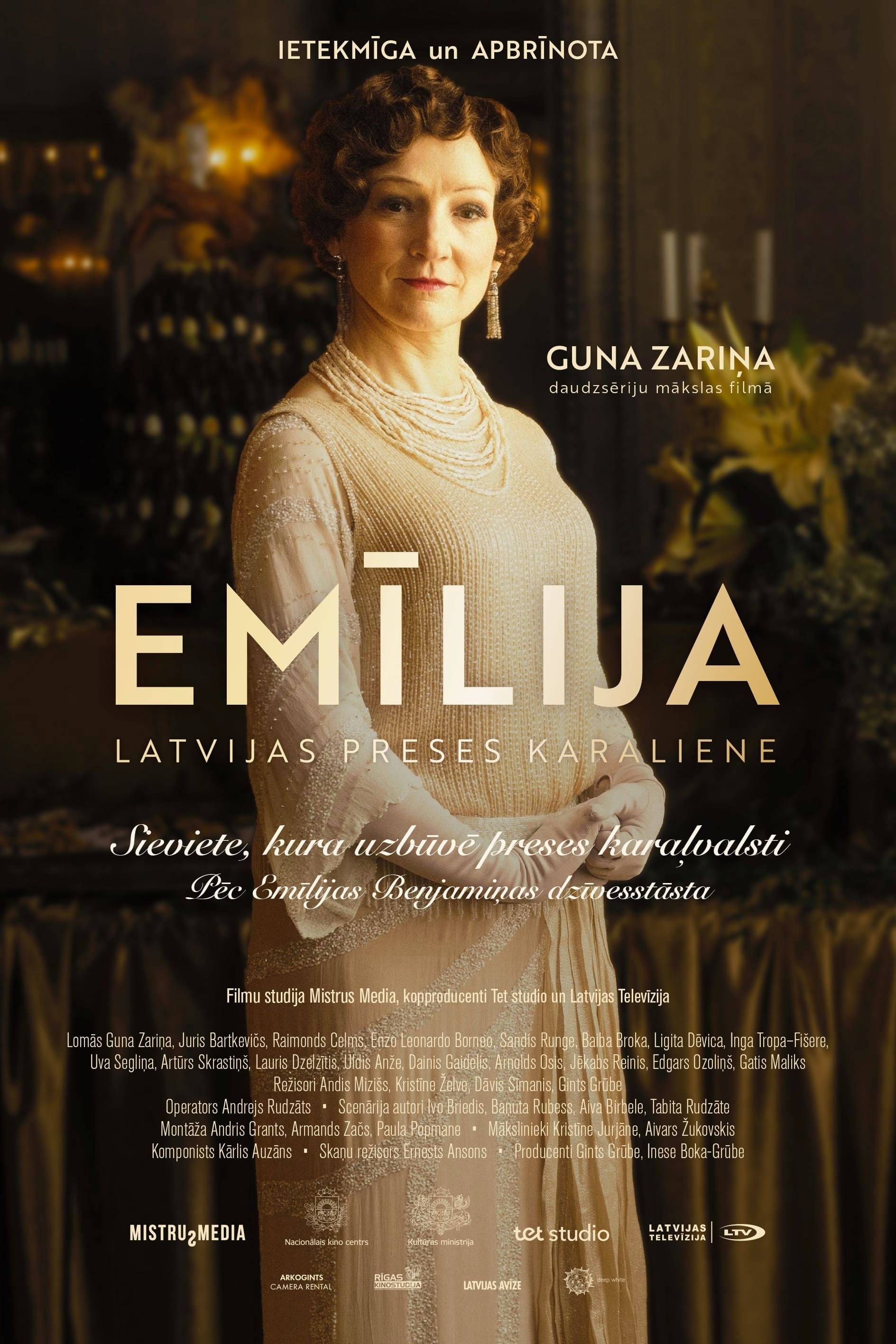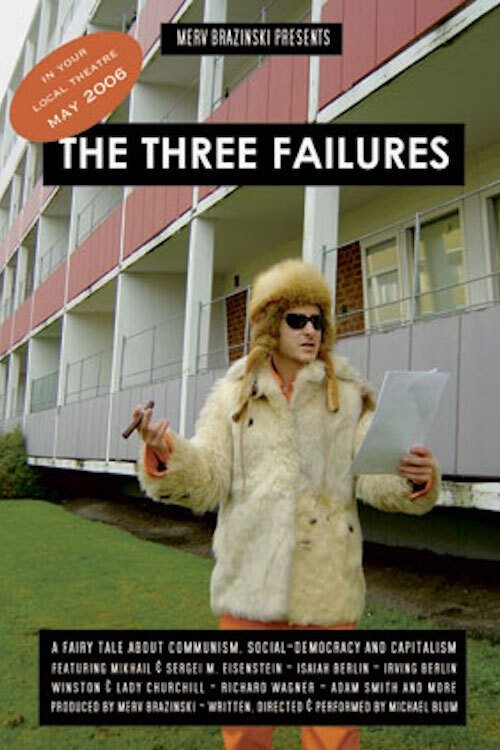
A story about Emīlija Benjamiņa, the “queen of the press” in interwar Latvia, whose wealth and tragic fate have since become folklore. The film’s narrative covers the period from the beginnings of Emīlija’s magazine Atpūta (Recreation), to her arrest and slow demise in a train en route to Siberia. The most prominent clairvoyant of the time - Eugene Fink’s prophecy that Emīlija would die from starvation in a foreign land (which served to be true) weaves through the narrative as a red thread. With this strong woman at the centre of the story, the film shows Latvian society in all its richness and gives the audience the opportunity to meet many well-known historical figures.

Riga, Latvia. Four women: Elita, a passioned actress, Elina, her daughter, Iveta, a tourist guide and Paulina, a teenage ballet dancer. All are in love and going through strong emotions. A free-style composition about passion and arts, a visually stunning cinematic jazz partition.

Imants Veide is writing a script about con artists and their schemes. Together with his friend Harijs Kuharjonoks he's trying them out for real for greater authenticity, but gets too entangled in real criminal schemes. More and more colorful characters appear on the horizon, but Imant's main adversary on the road to criminal excellency is his Neighbour, a true iron lady with balls bigger than all those involved combined.

The film dramatizes November 11, 1919- a crucial date in the battle for Latvian independence. A year after the end of the official hostilities of WWI, a renegade German general and troops remain outside the Latvian capital. Latvian riflemen, most of them inexperienced volunteers, somehow managed to defeat a larger, better-armed force of German and Russian mercenaries.

A fairy tale about communism, social-democracy, and capitalism. (The sequel to Wandering Marxwards)
By browsing this website, you accept our cookies policy.